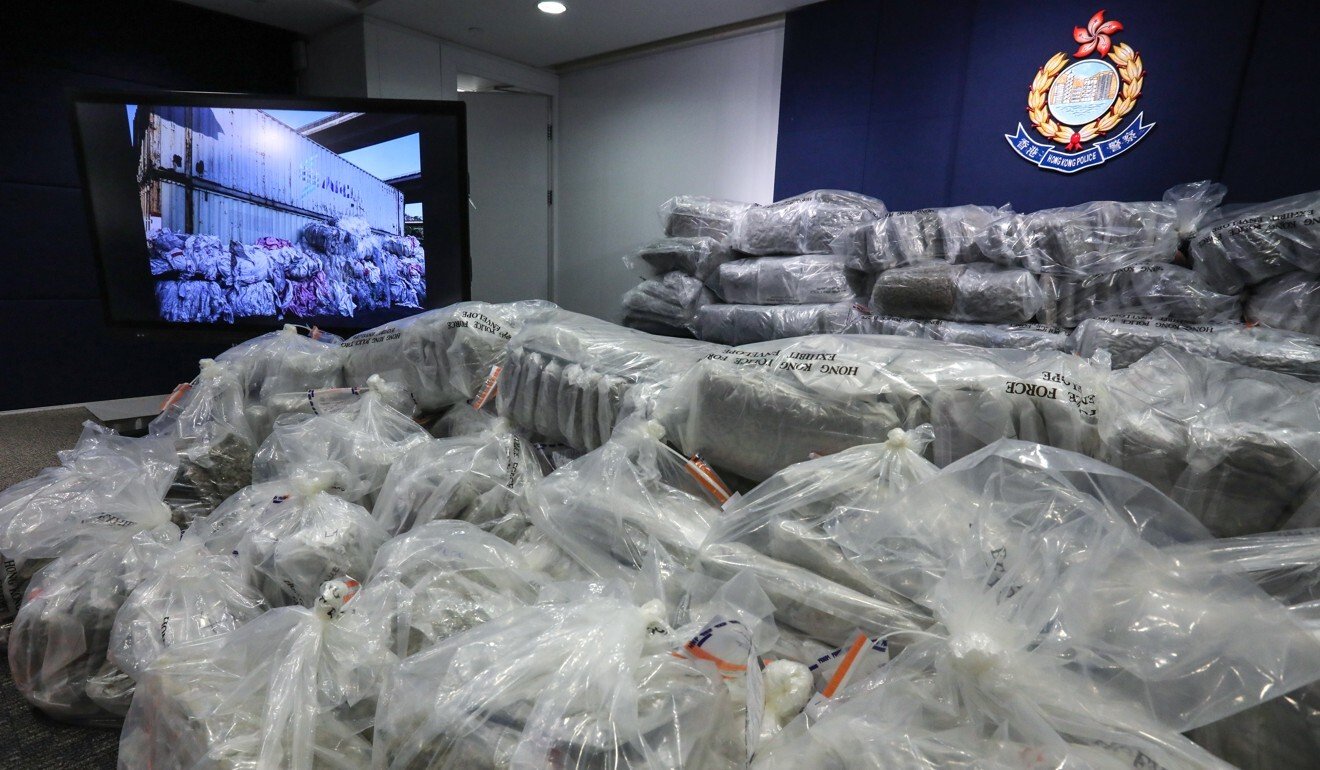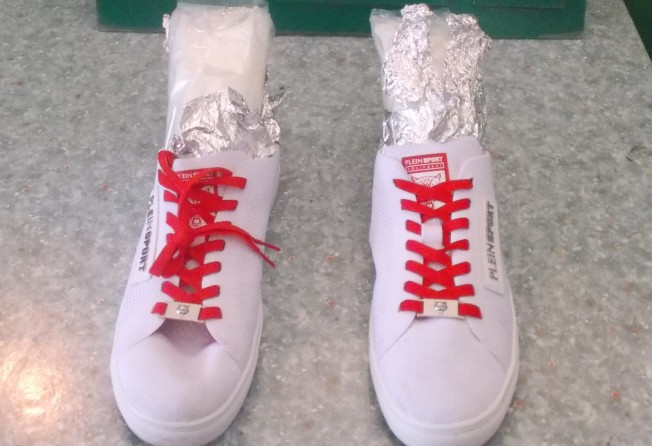
Three ways for Hong Kong to fight youth drug abuse
- Hong Kong’s united community response to the Covid-19 pandemic shows people can come together to prevent and reduce drug use among the youth

Hongkongers know a thing or two about community responses. We know, from our fight against Covid-19, that tackling any challenge requires collective action. We know that a proactive approach can mean the difference between life and death. We know that, in addition to governmental responses, we have a role to play in protecting and caring for each other.
So, when it comes to protecting our young people from the harmful effects of drug abuse, we as a community undoubtedly have the responsibility to take action. As adults, our role is to ensure that young people grow up to have healthy futures. Using drugs during the formative years poses significant risks to physical, mental and emotional development – but preventing and reducing drug use among youth is something we can all strive to do.
First, we can break the taboo against talking about drugs. Stigmatising drug abuse only serves to spread misinformation and create a veil of shame around drug users, discouraging them from seeking help. A recent survey showed that only 12.2 per cent of drug-taking students sought help from others, highlighting a rise in hidden drug users who don’t receive active care.
Second, we can educate ourselves about the risks associated with drug use. We can develop the skills to have open and honest conversations about drugs. We can learn how to recognise signs of drug abuse and how to offer help in a supportive way.
Statistics show that more than half (58.8 per cent) of newly reported drug abusers in the first quarter of 2020 first took drugs before the age of 21. As parents, teachers, and concerned adults, we cannot afford to look the other way. Better knowledge means better support and care.

Finally, we can proactively invest in evidence-based prevention and harm reduction programmes. When young people experiment with drugs, this can easily snowball into a bigger problem, but this is both preventable and treatable. We must invest in prevention programmes that strengthen young people’s knowledge about drugs, and equip them to make healthy decisions and support their peers.
Simultaneously, we must invest in harm reduction programmes that prevent drug use from simmering over into addictions and long-term problems.
June 26 marks the International Day Against Drug Abuse and Illicit Trafficking. As adults, we have an obligation to create a safe environment where young people can grow and feel comfortable asking for help.
Sky Siu, executive director, KELY Support Group